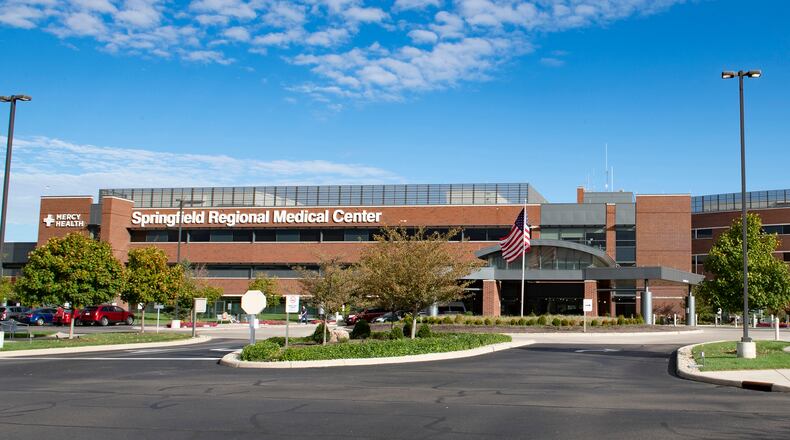“Detox diets, like juice cleanses or extreme fasting, are often marketed as a way to eliminate toxins from the body. However, the truth is the body already has its own natural detoxification systems in place, including the liver and kidneys, which work continuously to cleanse and filter toxins,” said Cheryl Robertson, clinical dietitian for Mercy Health – Springfield’s Weight Management program in a release.
“While detox diets might offer short-term results like weight loss, they don’t necessarily improve long-term health and can sometimes cause nutrient imbalances or dehydration.”
The hospital advises a focus on healthier and sustainable changes to lifestyle “that support overall well-being and aid in natural detoxification processes.”
Specifically, people should hydrate naturally with water, focus on whole and nutrient-dense food like lean proteins and whole grains, exercise regularly and practice mindful eating, according to the hospital.
Fad diets and restrictive eating habits that “deprive the body of vital nutrients” should be avoided.
Mercy Health – Springfield offers a weight management program for a more structured approach to wellness, health or weight loss. This provides personalized support through medically supervised plans.
“We believe in supporting our patients with practical tools and resources that lead to lasting results,” Robertson said. “Rather than focusing on quick fixes like detox diets, our Weight Management Program helps individuals create a personalized plan that aligns with their goals for long-term health.”
The weight management program has several options to meet goals, included surgery, and obesity medicine program and/or a diet-based program. All programs include nutrition counseling and support groups “to provide the ongoing support needed to create habits that last beyond just January.”
About the Author

